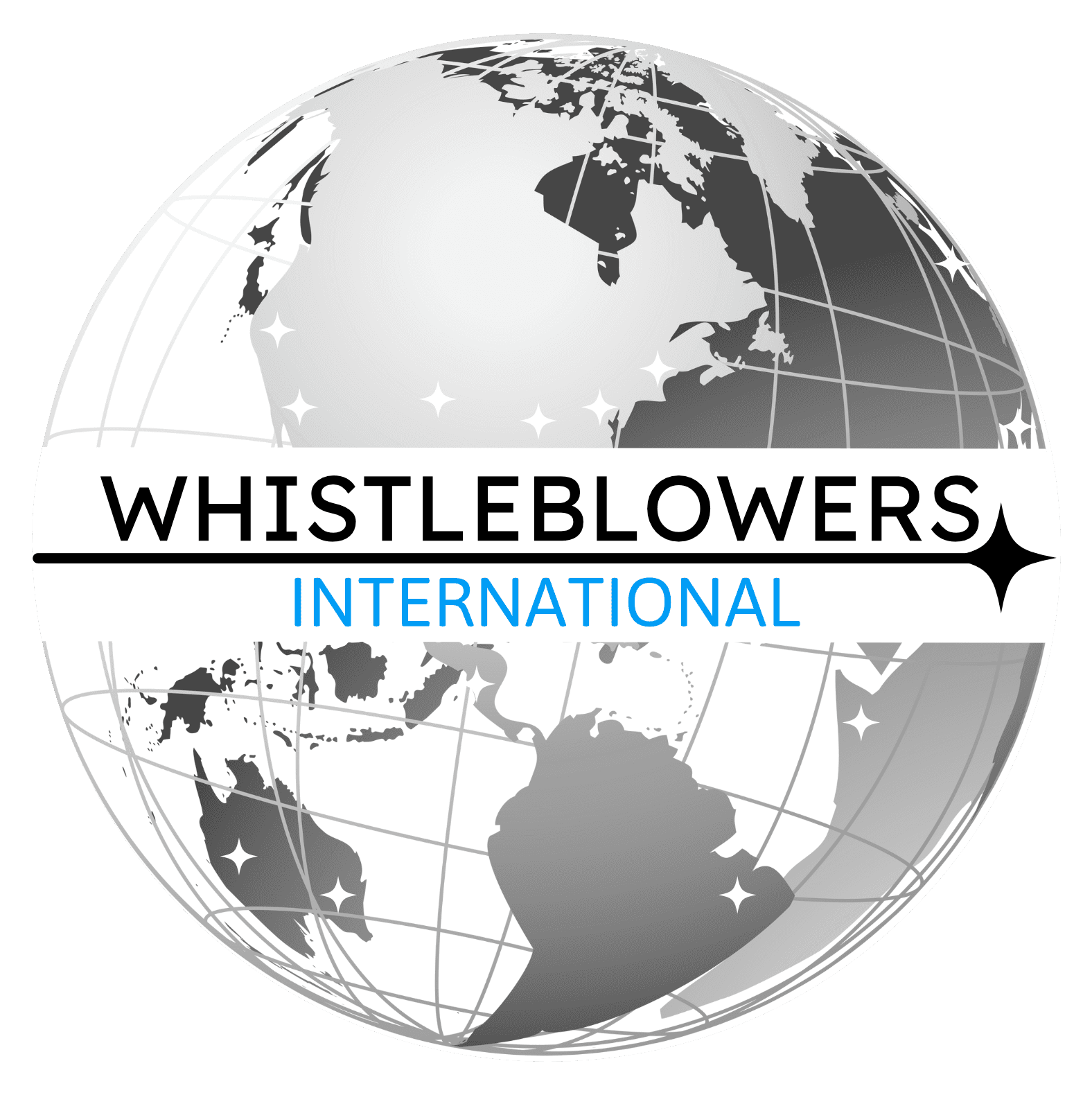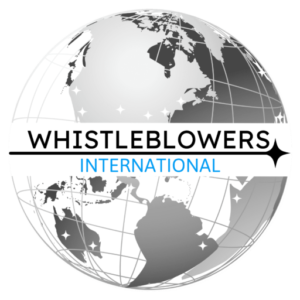Customs Fraud
Blowing the Whistle on Customs Fraud via the False Claims Act
Customs fraud is a serious issue that undermines fair trade and costs governments billions in lost revenue each year. This illegal practice involves misrepresenting imported or exported goods to avoid paying proper duties and taxes. As global commerce expands, the need to combat customs fraud has become increasingly urgent, with whistleblowers playing a crucial role in exposing these schemes.
The False Claims Act (FCA) offers a powerful tool to report customs fraud via an under seal lawsuit and hold wrongdoers accountable. This law allows individuals with knowledge and strong evidence of fraud against the government to file lawsuits on its behalf and potentially receive a portion of recovered funds.
What is Customs Fraud?
Customs fraud is any fraudulent attempt to reduce the customs duty imposed on goods when they are imported to a particular country from abroad. This illegal practice involves misrepresenting imported or exported goods to avoid paying proper duties and taxes. It is a serious issue that undermines fair trade and has a significant impact on global commerce.
Falsifying any factors related to the import or export of products constitutes fraud. This includes falsely declaring the origin of the goods, declaring a lower value on the goods, misclassifying the goods, and smuggling goods. Customs fraud is common in many countries but can be challenging to detect due to the huge amount of data and elaborate fraud schemes involved.
Common Types of Customs Fraud
Several common types of customs fraud can result in investigations or prosecutions by federal authorities:
- Valuation Fraud: This involves misstating or concealing the value of imported goods to lower the amount of customs duties to be paid. Importers may use forged or altered invoices to fraudulently undervalue the actual cost of imported goods or falsify their quantity or weight.
- Misclassification of Imported Goods: Importers may attempt to lower their customs duties by improperly classifying products as a type of product other than what they actually are. This is done to obtain a lower customs duty rate or avoid paying customs duty altogether.
- Country-of-Origin Fraud: Also known as “transshipment,” this occurs when an importer routes goods from the country of origin through a second, intermediate country before importing them to the United States. This is done to avoid customs duties that would apply to the actual country of origin.
- Structuring or Splitting of Shipments: This type of fraud involves dividing shipments of goods into smaller portions to avoid customs duties. For example, importers may take advantage of “de minimis” exceptions for imports of goods below a certain value by breaking up larger shipments into several smaller ones that fall within the exception.
The False Claims Act and Customs Fraud: Overview of the False Claims Act
The False Claims Act (FCA), also known as the “Lincoln Law,” is a powerful tool to combat fraud against the federal government. Enacted in 1863 during the Civil War, the FCA has evolved to address various forms of fraud, including customs violations. The law allows individuals, called whistleblowers or “relators,” to sue those who commit fraud against government programs.
The FCA has undergone several amendments since its inception. In 1986, significant changes were made, including increasing damages from double to treble and raising penalties. These modifications have strengthened the Act’s effectiveness in fighting fraud, waste, and abuse in federal spending.
How the FCA applies to Customs Fraud
The FCA has a significant impact on customs enforcement. It applies to customs violations when there’s a fraudulent claim to the U.S. government for money, such as when an importer falsely declares the value or classification of goods to reduce duties owed. This type of fraud falls under a special provision in the statute known as a ‘reverse false claim.’
Common types of customs fraud that can result in FCA violations include:
- Valuation fraud: Misstating or concealing the value of imported goods to lower customs duties.
- Misclassification of imported goods: Improperly classifying products to obtain a lower customs duty rate.
- Country-of-origin fraud: Routing goods through an intermediate country to avoid customs duties.
- Structuring or splitting of shipments: Dividing shipments to take advantage of “de minimis” exceptions.
The FCA provides for significant monetary liability, including treble damages, civil fines per occurrence, interest, and legal costs.
Benefits of using the FCA for Reporting
The FCA offers several advantages for reporting customs fraud:
- Whistleblower incentives: Individuals with inside knowledge of customs fraud can bring a qui tam lawsuit under the FCA. If successful, the whistleblower can receive a significant portion of the recovered funds, typically between 15 and 30 percent.
- Protection for whistleblowers: The FCA provides protections against retaliation. Employers are prohibited from discharging, demoting, suspending, threatening, harassing, or discriminating against an employee for their lawful actions in furtherance of an FCA action.
- Government intervention: Once a whistleblower files a qui tam lawsuit, the government is notified and given an opportunity to investigate the allegations. The government can then decide whether to intervene and take over the prosecution of the case or let the whistleblower proceed on their own.
- Powerful enforcement tool: The FCA allows for treble damages, meaning a defendant found liable can be required to pay three times the government’s actual loss. Additionally, there are statutory penalties for each false claim.
- Global reach: Anyone, anywhere in the world, with information about customs fraud can blow the whistle by bringing a claim under the FCA.
- Leveling the playing field: Successful FCA cases can help stop the misconduct of dishonest competitors, benefiting businesses that play by the rules.
The FCA has proven to be highly effective in combating customs fraud. In recent years, the U.S. government has recovered billions of dollars through whistleblower-initiated FCA cases across various sectors, including customs and import/export activities. This success demonstrates the crucial role whistleblowers play in exposing fraudulent practices and protecting the integrity of the customs system.
Steps to Report Customs Fraud: Gathering evidence
To report customs fraud effectively, it’s crucial to have solid proof. Documents such as invoices, shipping manifests, or internal memos indicating fraud are essential. Emails hinting at or directly stating fraudulent activities can also be valuable evidence. In some cases, audio or video recordings can substantiate claims. It’s important to note that vague suspicions, allegations, or rumors are not enough. Concrete evidence strengthens your position and increases the chances of a successful outcome.
Due to the sheer volume of goods entering the country, customs fraud can be challenging to detect without information from whistleblowers who have inside, first-hand knowledge of the fraud. This is why gathering comprehensive and reliable evidence is so critical in the process of reporting customs violations.
Finding a qualified attorney
Before taking any action, it is essential to consult with an expert in customs fraud whistleblower cases. A qualified attorney will provide guidance through the complexities of the qui tam process and ensure your rights remain safeguarded throughout the ordeal. Having an experienced whistleblower attorney in your corner ensures your case gets the attention and respect it deserves.
It’s important to note that whistleblowers are not allowed to file qui tam cases ‘pro se,’ or without a lawyer, since these cases technically represent the interest of the United States, not the relator. A whistleblower lawyer will evaluate the strength of the evidence and advise on the best course of action. They will also ensure all procedural requirements are met and provide strategic management of the case, including deciding the optimal location to file the lawsuit and how to negotiate with the government and defendants.
Filing a qui tam lawsuit
Once you’re ready, your lawyer will file a qui tam lawsuit under the False Claims Act (FCA). The complaint will remain ‘under seal’ for at least 60 days (and it will be a lot longer than just 60 days because of routine extensions), during which time the accused won’t be aware of the lawsuit. This sealed period provides a window for a thorough examination without external interference. While under seal, you are not allowed to discuss the existence of the case with anyone other than your attorneys.
The government will use this time to investigate the claims presented. After the investigation, the government must decide whether to join the qui tam lawsuit. If the government decides to ‘intervene’ in the case and funds are recovered, the whistleblower will receive a reward of 15% to 25% of the amount collected if the case is successful. If the government decides not to intervene, the whistleblower has the option of continuing the case and receiving up to 30% of the amount recovered for the government.
Working with the Government
Your involvement doesn’t end with filing the suit. Whistleblowers often play a crucial role in offering insights during the investigation. Your firsthand knowledge can shed light on complex schemes and aid in deciphering evidence. Collaborating closely with the investigating agencies can pave the way for a successful outcome.
It is important to note that customs administrations must pursue all opportunities to work cooperatively with other enforcement agencies. These include police, military, immigration, and other agencies involved in cross-border trade and travel. The success of customs enforcement depends on effective working relationships with partner agencies—both domestic and foreign.
International cooperation and information sharing between customs administrations, other law enforcement organizations, and the business community are essential for effective enforcement and control given the expansion of international trade and the continuing risks to the safety, security, and competitiveness of all countries.
Becoming a Whistleblower under the False Claim Act and Reporting your Information of Customs Fraud
Reporting customs fraud under the False Claims Act has a significant impact on maintaining fair trade practices and protecting government revenue. The process involves gathering solid evidence, finding a skilled attorney, filing a qui tam lawsuit, and working closely with government agencies to analyze the case. This approach not only helps to uncover fraudulent activities but also provides whistleblowers with the chance to receive a portion of the recovered funds.
The fight against customs fraud is crucial to level the playing field for honest businesses and to safeguard the integrity of international trade. By using the False Claims Act, individuals with inside knowledge can play a key role in exposing illegal practices and bringing wrongdoers to justice. This not only helps to recover lost revenue but also serves as a deterrent for future fraudulent activities, ultimately contributing to a more transparent and fair global trading system.
Contact Us Today
The information submitted will be submitted to the law firm of Piacentile & Associates LLP d/b/a Whistleblowers International. This communication does not create an attorney-client relationship and is submitted only for the purpose of evaluating your claim to see if this is something we are able to help you with. By contacting us, you certify that you are a potential client making a bona fide inquiry about obtaining legal services to address a potential whistleblowing legal claim. Past results do not guarantee future outcomes. While this submission does not create an attorney-client relationship, all information submitted will be kept strictly confidential per legal ethics rules since this information is submitted in contemplation of a potential attorney-client relationship. No attorney-client relationship is formed until it is determined after evaluation with you that this is something we can take on and a retainer agreement is signed by you and the law firm of Piacentile & Associates LLP d/b/a Whistleblowers International. Please also understand that by submitting your information, there is no guarantee that we will contact you in response, as at any given time, there are only a limited number of claims we are able to take on and pursue. If we do not contact you within 3-business days of your submission, please reach out to another whistleblower law firm if you are interested in pursuing your matter.
Our Areas of Practice
Healthcare Fraud
Securities / Derivatives Fraud
Fraud Against the Government
Tax Fraud
Cryptocurrencies Fraud
Defense Contractor Fraud
Money Laundering
Foreign Corrupt Practices Act
DR. JOE’S CASES HAVE BEEN FEATURED IN:





COMMITTED TO GLOBAL TRANSPARENCY
The information on this website is for general information purposes only. Nothing on this site should be taken as legal advice for any individual case or situation.
We do not accept cases in all jurisdictions. No representation is made that the quality of the legal services to be performed is greater than the quality of legal services performed by other lawyers. Prior results do not guarantee a similar outcome. This information is not intended to create, and receipt or viewing does not constitute, an attorney-client relationship. While we will treat any information provided as privileged and confidential, you should understand that when you provide information about a potential case to us, we do not become your attorneys. We do not represent you until we have agreed to do so and a retainer has been signed by both of us. This information is not intended to create, and receipt or viewing does not constitute, an attorney-client relationship. This website may be considered attorney advertising in some states.
© 2024 All Rights Reserved.

